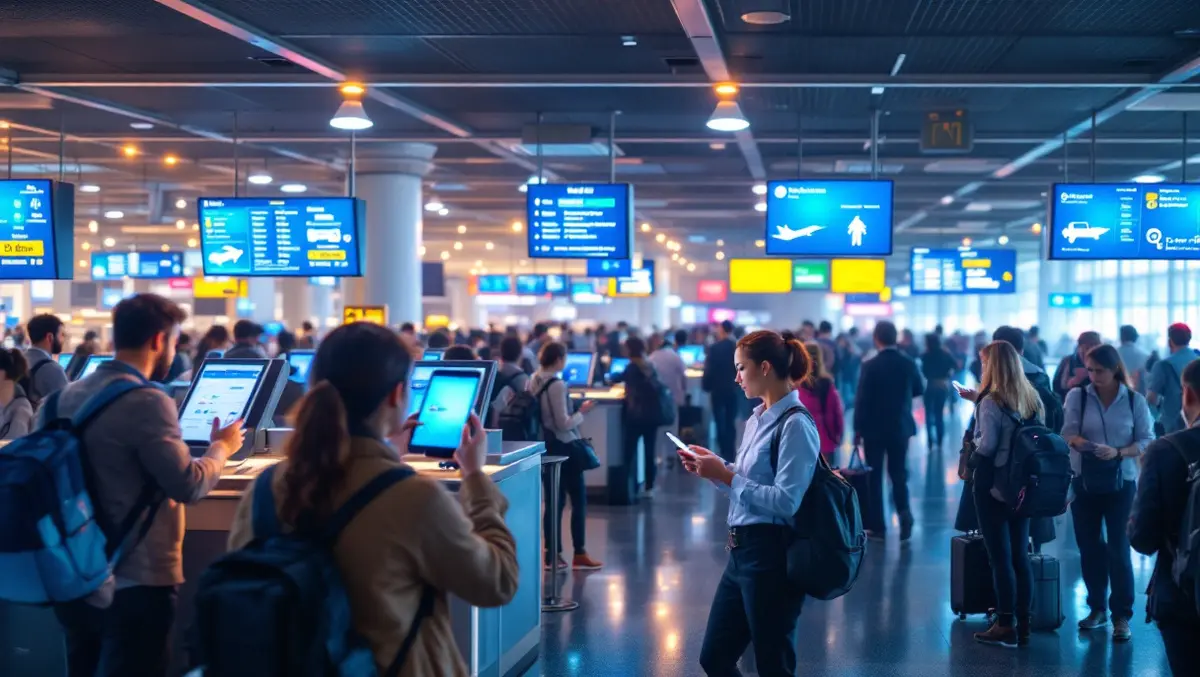
The new standard for corporate travel is real-time, policy-smart, and employee-centric
The expectations placed on corporate travel programs have fundamentally shifted. Travel is no longer considered a siloed operational function; it's now recognised as a strategic enabler of business agility, workforce mobility, and cost control. Organisations are rethinking how they manage travel and expenses as pressure grows to deliver more value from every trip, prioritising speed, visibility, and control in equal measure.
Traditional models built around retrospective data and static policy enforcement are falling short. Delayed expense reporting, disjointed booking systems, and manual approvals introduce inefficiencies, reduce compliance, and lead to missed savings. In response, many companies are accelerating their adoption of automated travel and expense management solutions. These systems streamline workflows, eliminate manual touchpoints, and deliver real-time insights that reduce administrative burden while embedding policy compliance and cost control throughout the process.
Organisations are moving towards a new standard that prioritises real-time responsiveness and proactive decision-making. This gives finance leaders and travel managers a more accurate view of employee spend at any point in the travel cycle.
Timing is everything in this next chapter of corporate travel. The ability to capture transaction data the moment it occurs, categorise it automatically, and apply policy logic in the moment represents a major leap forward. This real-time approach prevents problems before they arise, replaces guesswork with precision, and eases the administrative burden for employees and approvers alike.
Policy compliance is now being built directly into the booking and payment experience, whereas it once relied on post-trip audits and training programs. Smart notifications can be triggered at the point of spend, guiding business travellers to make in-policy choices without interrupting their workflow. This supports compliance while giving employees the context they need to make better-informed decisions in the moment.
The convergence of real-time payment data with integrated travel management tools is creating new opportunities to align corporate travel with broader company goals. For example, spending patterns can be analysed in near-real time to support cost containment strategies or to negotiate better rates with preferred suppliers. Finance teams also benefit from more accurate forecasting, while business units gain confidence that employee travel aligns with policy and budget expectations.
Mobile-first workflows are central to this evolution. Employees no longer expect to manage bookings, receipts, or expense claims from a desktop. They want simple, intuitive tools that let them manage travel from their device in the moment, whether that's selecting a hotel, uploading a receipt, or receiving a reminder that their choice exceeds policy limits. Enterprise tools must now meet this expectation or risk falling behind.
This shift also supports a more consistent and transparent experience across the organisation. Having real-time systems in place means the same policy logic applies regardless of who is booking, where they're located, or what device they're using. This reduces ambiguity, removes friction, and builds trust in the program. It also means less time is spent resolving disputes or chasing down missing information.
The added value for travel managers and finance teams is in achieving control without complexity. Real-time visibility into bookings, spend, and exceptions lets them focus on the outliers, instead of combing through every report after the fact. They can act faster, provide more relevant guidance, and focus their efforts on continuous program optimisation rather than policing processes.
Automation further supports this by handling routine tasks such as receipt categorisation, duplicate detection, and policy flagging. This improves accuracy and frees internal resources to focus on higher-value activities. The long-term results are lower costs, faster reimbursements, and a smoother experience for everyone.
Companies must evaluate whether their existing systems are equipped to meet new expectations as the pace of change accelerates. The focus has shifted from efficiency and compliance alone to creating a travel and expense function that is real-time, policy-smart, and fully integrated into the flow of work.
Aligning tools like Concur Travel with the reality of how employees travel gives organisations the dual advantage of better financial oversight and a more empowered workforce. The result is a more resilient and agile approach to corporate travel, one that reflects the urgency and complexity of modern business. Those who act now will be best placed to turn travel from a reactive cost centre into a proactive driver of business value.

